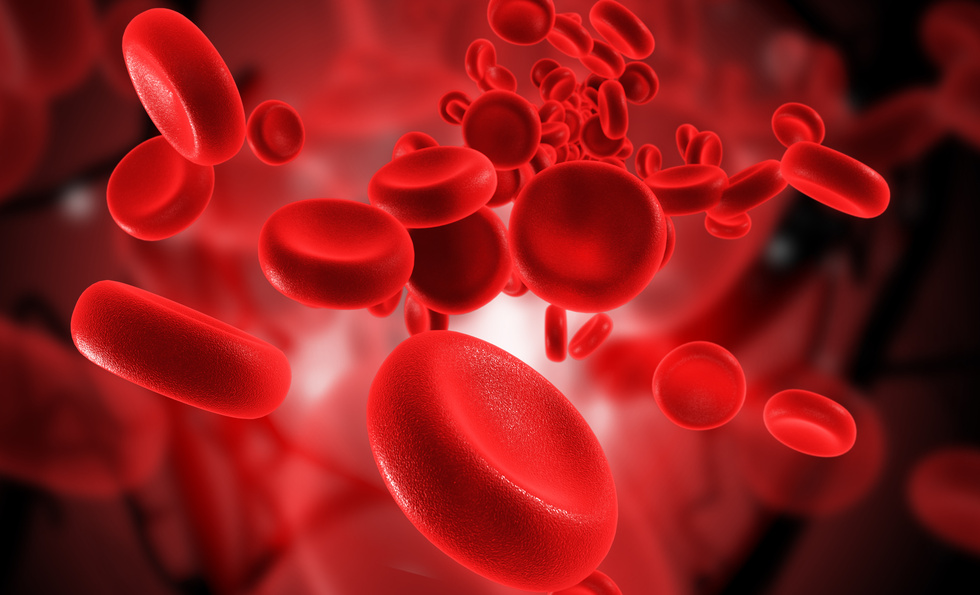BLOOD TEST: BLOOD ALCOHOL CONTENT (BAC)
In the state of Georgia, the two common tests that are used to determine a person’s BAC (blood alcohol concentration) level are the breath test and blood test of the three chemical state-mandated tests. A urine test can be done as well, but that test is used mostly for drug testing. These tests are determined by lawmakers to have automatically have been given consent to due to the fact of possessing a driver’s license, however, these tests are not always accurate and there are many factors that contribute to the readings of them. This article addresses the issues of blood testing and the many errors that can affect the results of the test.

THEORY BEHIND BLOOD TESTS & AFFECTS
The theory behind blood being tested for drugs or alcohol content is that the sample of blood taken is a representation of the rest of the blood running through the individual’s body at the time of the extraction and that same sample will indicate the Blood alcohol content for that individual when tested. This is a good theory, but it remains just that, a theory. Very rarely does a blood test reveal a person’s true BAC due to the fact that the sample of blood taken is not maintained from the time the blood is drawn to the analysis and results. The reading of the blood sample can be greatly affected from the time of the draw to the results.
EXTRACTION OF THE BLOOD SAMPLE
How an administrator of a blood test goes about drawing the blood can greatly affect how the results of the blood test are going to read. False positive readings can occur just because of the way the blood is drawn with a margin of error as high as 50%. The way blood is drawn is a very sensitive and particular medical procedure that majority of the people administering the test do not acquire the training for. Most of these individuals consist of people who are undereducated and inexperienced when it comes to the medical field and the proper procedures for blood drawing and maintenance. They do not fully comprehend the significance of the blood drawing or testing due to the fact that they have attended a 40-hour course with 40 hours of on the job training. Because of the uneducated and inexperience of the test administrator, the blood sample is often times compromised.

STORING BLOOD SAMPLES
Another source for false positive blood tests results is the way the blood sample is stored prior to being analyzed. Due to the improper storage and maintenance of blood samples prior to analysis, the error rates of the tests are well over 100%. Delaying blood tests also contribute to these rates as well. While the sample of blood extracted is in the vial waiting to be tested, all the conditions of the vial are optimal for fermentation. Fermentation is the process by which alcohol is made, and all the components to do so are present in the vial with the blood sample. Some of the components are bacteria, yeast, and sugar, which are all natural components of blood. Changes in temperature and delays (no matter if they are short or long delays) can provoke fermentation and the conditions as to which will be leading up to it. Fermentation of the blood sample in the vial will raise the BAC level and give a very high, very false, and very misrepresentation of the amount of alcohol in the individual’s blood at the time that the blood sample was taken.
THE ACTUAL TESTING OF THE BLOOD SAMPLE
The machine used to do the blood sample BAC testing in forensic labs for law enforcement is called a Gas Chromatograph. It is used in the procedure used to determine the BAC of an individual’s blood sample. Usually the results from this procedure is a presumptuous reading of an individual’s BAC level, as opposed to a reading that confirms the BAC level and is specific to alcohol blood testing. This procedure creates compounds that can be falsely identified as alcohol, but are not. The procedure cannot distinguish between alcohol that was in the blood sample when it was drawn and the alcohol that was created during fermentation while the blood sample was waiting to be tested. The analysis is not very reliable in determining the BAC level of an individual at the time the sample was drawn.
FORENSIC LABS ARE NOT REPORTING ERRORS
Forensic labs are analyzing and making reports on the blood samples tested without incorporating and significantly determining their process’s rate of error with the test. In failing to do so makes the test invalid and not scientifically sound. The total uncertainty and margin of error involved with the lab’s methods and the testing procedure and process cannot be determined, so therefore, the test results cannot be accurate. By law, labs are required to give the range of uncertainty revolving around their methods, procedures, and processes. This process is complex and requires that labs constantly and continually confirm, amend, and maintain the determination of their methods. Firm scientific procedures are not high-ranked on the list of priorities for law enforcement forensic labs and as a result of this, the BAC tests are invalid and do not stand up in court.
WHO CAN HELP?
Sam Sliger’s philosophy is to provide maximum results, one client at a time. He is dedicated to his cases and strives for excellence. He is committed to core values of returning phone calls, candid assessments, and responsibility. These values are the building blocks to successful relationships with our clients who deserve the very best in legal services. With our team of attorneys handling your case, specifically mentioning Sam Sliger, the criminal defense attorney on staff in regards to a DUI and urine testing, you can rest assured that your case is in the best hands possible. Your case will be handled with care, be handled properly, and Sam will work hard diligently to bring you the justice you deserve. Sam will fight hard for your rights as an individual and will meet and satisfy all of your legal needs. Contact Sam Sliger today with McDonald & Cody, LLC and get the legal help that you need.
